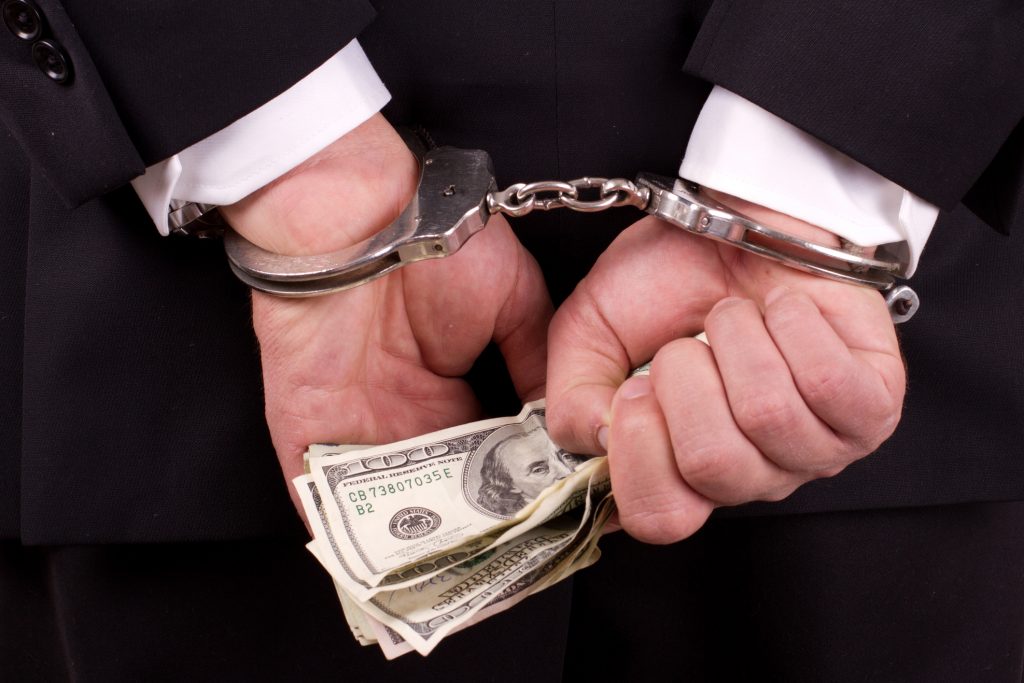White-Collar Crime

In 1939, the American Sociologist, Edwin Hardin Sutherland introduced the concept of white-collar crime, and defined it as “a crime committed by a person of respectability and high social status in the course of their occupation.”
While criminal prosecutions primarily take place on a state level, white- collar crimes are often prosecuted on the federal level, often because they are committed crossing state lines.
In the result of a white-collar crime, there is generally a financial gain at the expense of another, and there is no violence involved.
Some examples of white-collar crimes are: Fraud, identity theft, embezzlement, money laundering, employee theft, credit card theft, asset forfeiture, mail and wire fraud, and last but not least, extortion.
If charged with a white-collar crime one faces financial penalties, or even prison time, depending on the specific allegations. In many situations however, one’s professional license can be compromised in the result of a conviction or even just an investigation for an alleged white -collar crime. Therefore, it is important to consult with an attorney as soon as you become aware of an investigation or a charge pending against you.
If you are charged or investigated for an alleged white-collar crime in Southeastern North Carolina, in or around Wilmington, NC, in New Hanover County, Brunswick County, or Pender County, call Collins Law Firm at 910-793-9000 for a confidential consultation.
By Jana H. Collins
